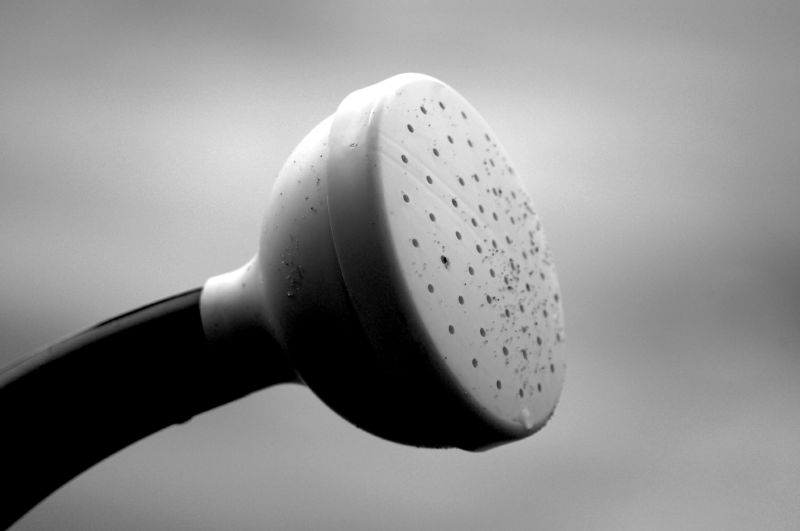Most of us have been looking forward to the summer, the sunshine, hot weather and more day light in a day. I mean, who doesn’t love to sit in their garden or on their patio at the end of a day, smelling the food cooking on a barbeque while taking it all in. While you would be sitting there, inspecting your garden, you are most likely thinking about watering your plants. Questions like “When should I water them?” and “How often is best?” are coming up, especially with the hot and dry weather that New Zealand was able to enjoy over the past couple weeks.
Did you know that the most common cause of plant death is the lack of water? The symptoms are noticeable at the top of the plant and works its way down or on the outside of the plant, working its way towards the centre of the stem. However, be careful! Because the symptoms of turning yellow or brown at the edges and possibly dropping leaves can also be the symptoms of overwatering. The best way to make sure you don’t over water, is to check the soil about a spade-deep down. If it is moist, you don’t have to water your plant but please do, if it is dry.
The MaryFlower team has collected some useful tips for you to reduce the need of frequent watering in your garden, especially in a dry summer:
- Water in the evening to reduce evaporation. However, if your plant(s) look like they are suffering, water them immediately.
- Install a water butt, also called rainwater tank, to conserve water and use that instead of fresh water. A sprinkler can use 1000 litres an hour, the equivalent of a whole family usage in two days.
- If you have an automatic watering system, adjust it to take the dry weather into account. Make sure that they are set up to water the soil underneath the plants so the water can get to the roots, rather than wetting the stems and leaves.
- Be aware, that some plants need more water than others. We recommend targeted watering using a can. That way you can cut down on how much water you are using and ensure that no plants are thirsty or overwatered.
- Check up on your soil: adding plenty of moisture-retentive organic matters, such as compost and mulch to prevent evaporation will help.

Other things to help your garden through the dry spills is to choose plants suitable for dry conditions. This is even more important if you are patches that are not in the shade most of the day. Also, try to not water naked soil to avoid the growth of weeds. If you have any more questions, please do not hesitate to contact us!
Enjoy the summer and don’t forget the sun cream 🙂
